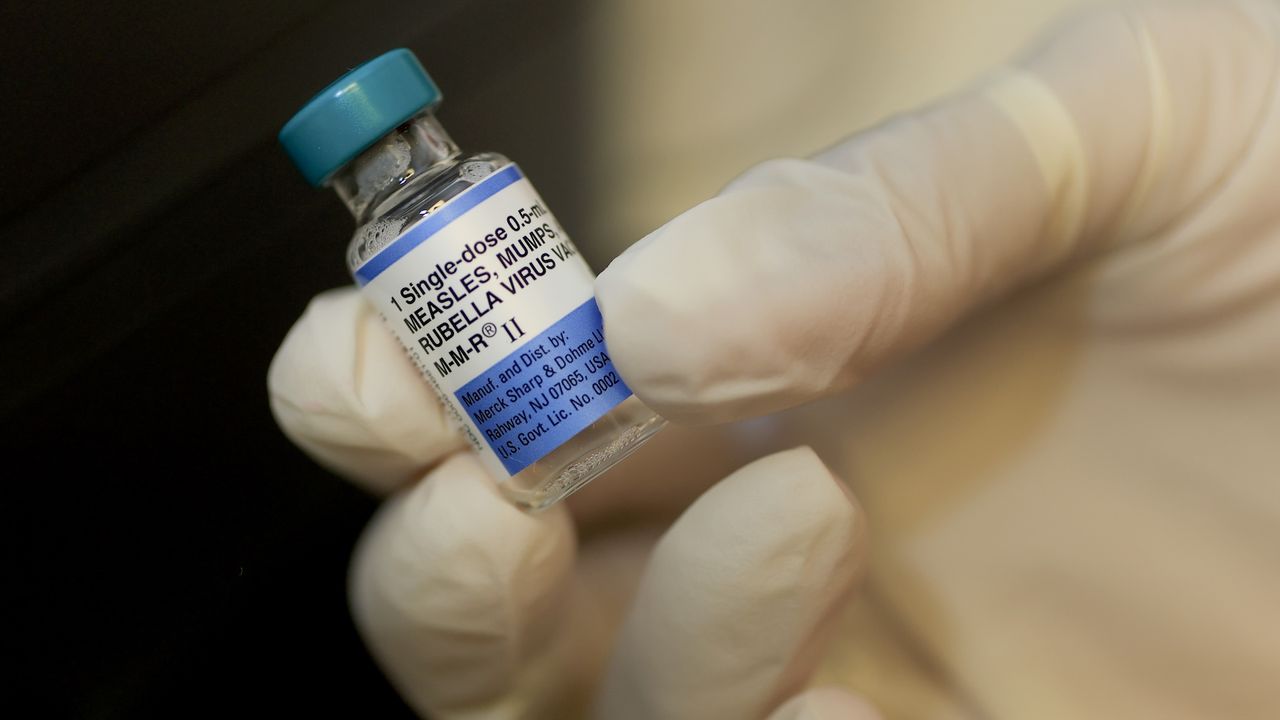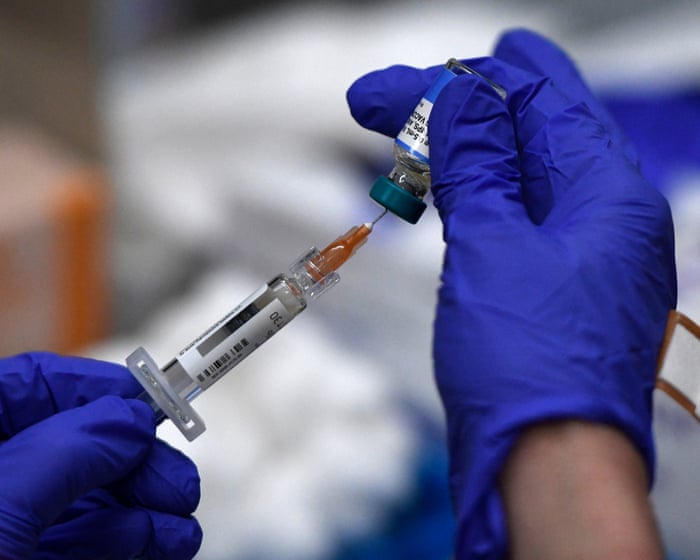How a Contentious CDC Vaccine Meeting Will Affect Public Health
NeutralScience
This week, the CDC's Advisory Committee on Immunization Practices (ACIP) is set to discuss three important vaccines: the combined measles, mumps, rubella, and varicella vaccine, the hepatitis B vaccine, and COVID vaccines. This meeting is crucial as it will influence public health policies and vaccination strategies, impacting how communities manage these diseases.
— Curated by the World Pulse Now AI Editorial System











